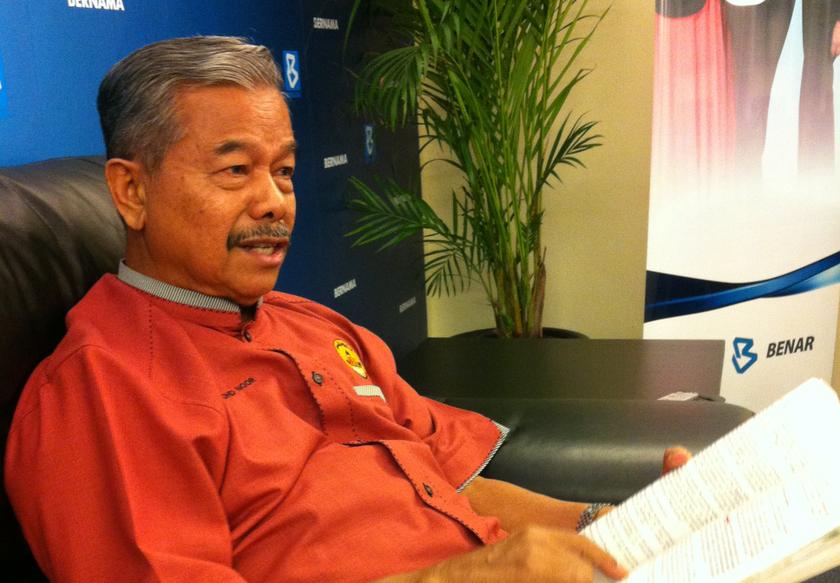KUALA LUMPUR, Sept 1 — A retired judge has proposed the setting up of a Special Court to dispose of serious crime cases expeditiously and with the appropriate penalty, probably within a year.
Datuk Mohd Noor Abdullah, who was a Court of Appeals judge, said such a court was all the more necessary in view of an increase in the number of crimes such as murder, shooting, gang-rape and armed robbery.
“This Special Court will have to try cases and hand down decisions within a year instead of dragging them to two or three years, to the extent that the witnesses get ‘exhausted’.
“For instance, the Chief Judge of Malaya can issue orders that certain cases are serious enough to be dealt with by the Special Court and these cases have to be disposed of within a year,” he said in an exclusive interview with Bernama.
Mohd Noor said heavy punishment should also be meted out to the offenders to prevent them from repeating the crime.
“We usually mete out punishment from light to heavy, for example imposing a fine, then imprisonment and, finally, whipping.
“The laws must be amended to provide for the heaviest sentence to be meted out first followed by the lighter ones. Only then will people be afraid to commit crime; they fear the punishment,” he said.
Referring to the prison system, Mohd Noor said no prison should provide “VIP amenities” to inmates and, if there was such a thing, it should be stopped at once.
“Some people commit crimes simply because they want to enjoy the ‘benefits’ available in the prisons.
“These prisoners do not repent. They know that going to prison means free food and sound sleep.
“It is not that I want the Prisons Department to be aggressive or beat up prisoners. The department has to make the prison an uncomfortable place so that prisoners regret committing crimes and detest going to prison.
“For example, a prison cell should have mosquitoes, rats and cockroaches that can be a bother for prisoners,” he said.
Mohd Noor also suggested that the government provide an allocation to reward members of the public who appear as witnesses in court cases.
“The Malaysian Anti-Corruption Commission and the Inland Revenue Board have their intelligence sources who are rewarded for testifying in cases.
“So, what’s wrong if the government also rewards witnesses in criminal cases to get justice done? To my knowledge, these witnesses are only given transport, meal and accommodation allowances when they attend court,” he said. — Bernama



















